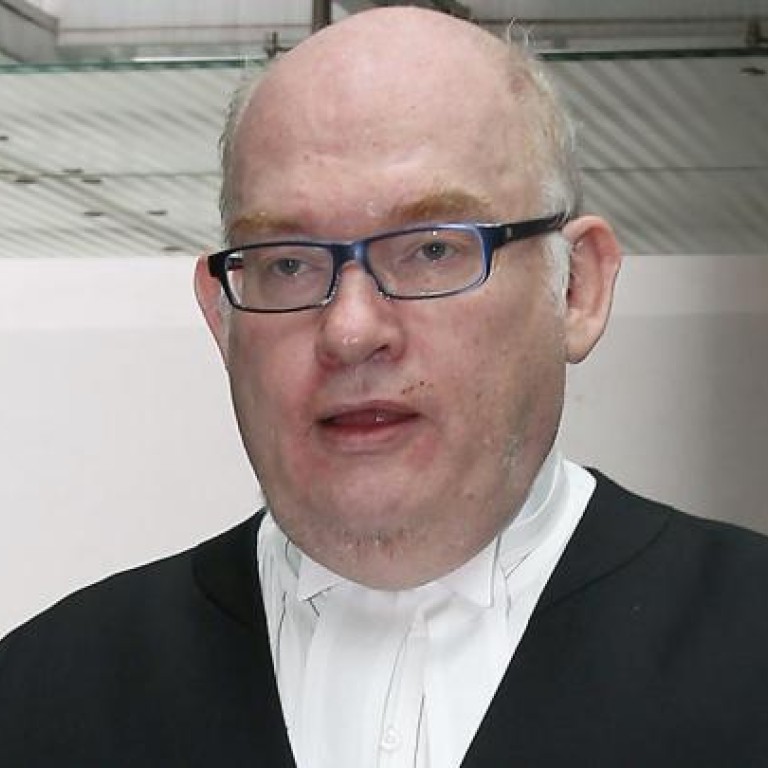
Legal experts call for unified screening of foreigners seeking sanctuary in HK
Legal experts say unified scheme to screen applicants should replace piecemeal approach
The Law Society and the Bar Association have lambasted Hong Kong's system of using three different tests to screen foreigners seeking sanctuary, saying a unified approach would work better.
In statements yesterday, the Law Society said it was "in the best interests of Hong Kong to have in place a … legally comprehensive system", while the association said "there is a good deal to be said in favour of a single domestic screening exercise".
For years, the Immigration Department has only checked whether foreigners would be at risk of torture if they were deported. But in a decision handed down in December, the Court of Final Appeal ruled this practice breached domestic laws and international treaties. It said equal weight should be given to whether the person would face "cruel, inhumane or degrading punishment or treatment".
Thousands of torture claims might have to be re-examined at the expense of public resources, barrister Mark Sutherland said. Despite the lack of a formal screening system for cruel punishment or treatment claims, immigration officials had sought to carry out impromptu assessments without giving the claimant legal representation, he said.
Meanwhile, the Office of the United Nations High Commissioner for Refugees in Hong Kong continues to be independently responsible for screening asylum seekers seeking refugee status.
This framework has in the past invited abuse by migrants who have filed multiple claims as a way to stay in the city and work illegally, often for years.
The existing system is stupid and inefficient and a waste of money
"The existing system is stupid and inefficient and a waste of money," said Bar Association representative Philip Dykes SC. The head of the UN commissioner's office in Hong Kong, Philip Karani, said it "continues to advocate for a unified system that would adjudicate all claims for protection. This would allow [us] to focus on performing … in a supervisory capacity."
Human rights lawyer Mark Daly said the government could have avoided the situation it finds itself in today. "Instead of listening to the advice of international experts, Hong Kong prefers a piecemeal approach that only responds favourably when spanked by the courts. Claimants can't be blamed for making sequential claims."
Aleta Miller, executive director of the NGO Refugee Advice Centre, said: "The commissioner's office is not a government agency … and is not in a position to play the role adequately. The primary responsibility should remain with the government."
So far, most arguments in favour of a unified system have rested on concerns over fairness and efficiency, since Hong Kong has not ratified the United Nations' refugee convention.
This may change after the Court of Final Appeal hears another case, scheduled to begin on March 5, where, if the appellant is successful, the government may be legally obliged to take over screening from the UN office.
An Immigration Department spokesman said: "The government has a long-established policy of not granting refugee status and it has no obligation to screen individuals seeking refugee status … The issues will arise in an appeal which will be heard before the courts in March."

